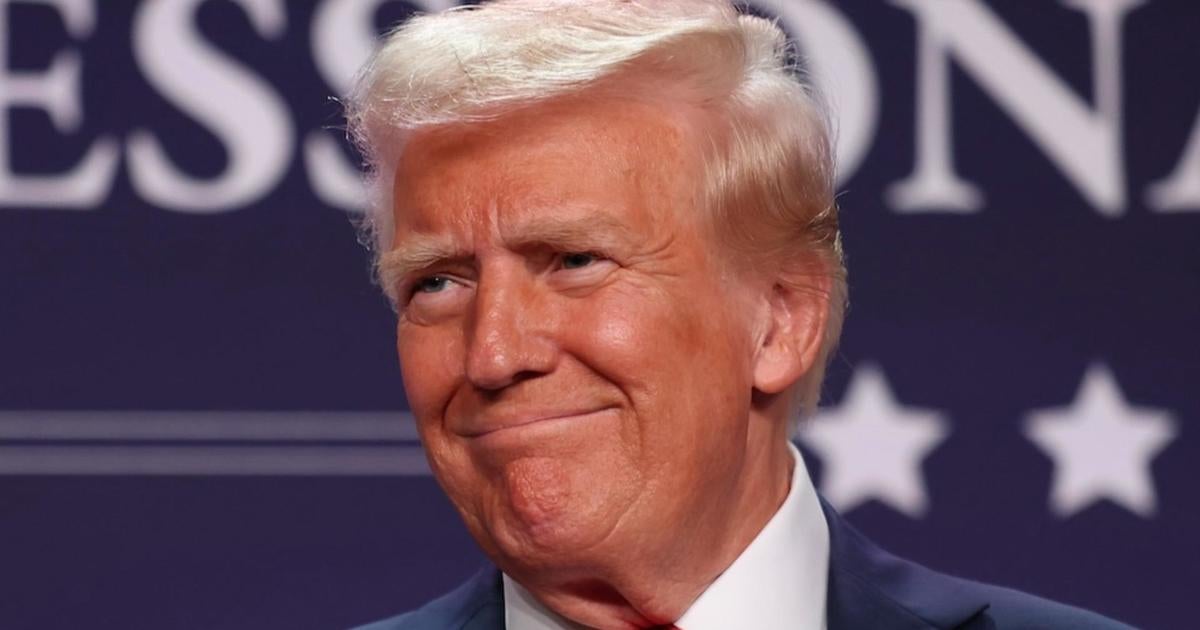Will the EU’s Solidarity Against Trump’s Tariff Threat Hold Strong?
As global trade dynamics shift and tensions rise over various trade policies, the European Union (EU) finds itself at a critical juncture in its relationship with the United States, particularly under the looming threat of tariffs proposed by the Trump administration. This situation poses not just an economic challenge but also a significant test of unity among EU member states. As experts weigh in on the implications of these potential tariffs, we explore what this means for international relations and economic stability within the EU and beyond.
The Context of Trump’s Tariff Threat
Tariffs have long been a tool of economic policy and diplomacy. The Trump administration’s previous imposition of tariffs on steel and aluminum imports, for example, sparked a wave of retaliatory measures from various countries, including those in the EU. The rhetoric surrounding these tariffs has often been framed as a battle for economic fairness, with the U.S. government portraying the measures as a necessary step to protect American interests against what it views as unfair trade practices.
In this context, the current threat of further tariffs looms large. President Trump’s administration has indicated a willingness to impose additional tariffs on a range of European products, citing concerns over trade deficits and unfair competition. The potential targets include everything from automobiles to various consumer goods, with significant implications for European industries and economies.
The EU’s Response: A Test of Solidarity
One of the most pressing questions is whether the EU will present a united front against these tariff threats. Historically, the EU has prided itself on its ability to act collectively, leveraging its collective economic power to negotiate favorable terms with global partners. However, the diverse economic interests of its member states can complicate this unity.
Countries like Germany, which have strong export-oriented economies, may feel the impact of U.S. tariffs more acutely than others. Conversely, nations with less dependence on trade with the U.S. might be more inclined to adopt a softer approach. This divergence in economic stakes could test the EU’s solidarity and complicate its ability to respond effectively to Trump’s tariff threats.
Key Factors Influencing EU Solidarity
- Economic Interdependence: The EU and U.S. share a deep economic relationship, with trade between them amounting to hundreds of billions of dollars annually. This interdependence creates a compelling reason for both parties to seek resolution rather than escalation.
- Political Landscape: The political dynamics within the EU can influence its collective response. National elections, shifts in public opinion, and the varying priorities of member states can all play a role in shaping the EU’s stance on tariffs.
- Global Trade Environment: The global trade landscape is also evolving, with emerging markets gaining influence. The EU must consider its position in this context, potentially seeking alliances with other major economies to counterbalance U.S. policies.
Economic Implications of Tariffs
The imposition of tariffs can have far-reaching consequences not just for the targeted nations but also for the global economy. For the EU, potential tariffs could disrupt supply chains, raise prices for consumers, and impact economic growth. Key sectors such as automotive, agriculture, and technology could experience significant challenges, leading to job losses and economic instability.
Moreover, retaliatory tariffs from the EU could escalate the situation further, leading to a full-blown trade war. Such conflicts tend to create uncertainty in markets, adversely affecting investment decisions and economic forecasts. In the long run, the ripple effects could hinder recovery efforts post-pandemic, impacting both sides of the Atlantic.
Potential Strategies for the EU
In light of these challenges, the EU has several strategic options to consider in response to Trump’s tariff threats:
- Diplomatic Engagement: One immediate course of action could be active diplomatic engagement with the U.S. to negotiate terms that avoid tariffs altogether. This may involve concessions or discussions on trade practices that the U.S. finds objectionable.
- Strengthening Internal Cohesion: The EU could focus on internal policies that strengthen its single market and promote economic resilience among member states. This would not only prepare the EU to better withstand external pressures but could also bolster its bargaining position.
- Forming Alliances: Seeking alliances with other nations facing similar threats could amplify the EU’s voice in global trade discussions, creating a united front against protectionist measures.
The Role of Public Opinion
Public opinion within both the EU and the U.S. will play a crucial role in shaping the response to tariffs. In the EU, citizens often view trade as a driver of economic growth and stability; thus, a strong public backlash against tariffs could pressure leaders to act collectively against U.S. measures. Conversely, in the U.S., the narrative pushed by various stakeholders, including industries affected by tariffs, can influence governmental policy and response.
Looking Ahead: Possibilities for the Future
As the EU grapples with the threat of tariffs, the question of whether its solidarity will hold strong remains open. The coming months will be pivotal, with significant implications for international trade relations and the global economy. The EU’s ability to navigate these waters will depend on its unity, strategic foresight, and the capacity to engage constructively with the U.S.
In conclusion, the EU stands at a crossroads, torn between protecting its economic interests and maintaining a cooperative relationship with the U.S. The potential for tariffs presents not only a challenge but also an opportunity for the EU to reaffirm its commitment to collective action and economic stability. As experts continue to analyze the evolving situation, the hope remains that diplomacy will prevail over division, fostering a more balanced approach to global trade.
See more CCTV News Daily



